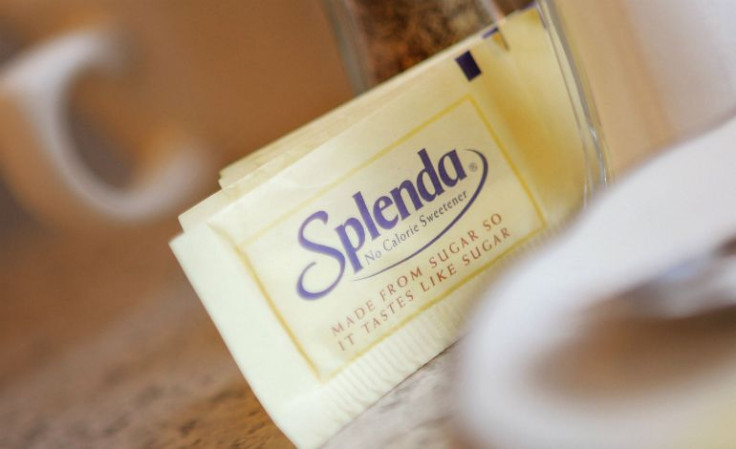
A new study has demonstrated that Splenda, one of the most popular sugar alternatives, has caused cancerous tumors and leukemia in mice. “For most food additives, the safety studies are conducted by the manufacturers who have financial incentives,” said Lisa Lefferts, senior scientist at the CSPI reports Eatclean.com. "When something causes cancer at high doses, it generally causes cancer at lower doses, the risk is just smaller."
Sucralose the ingredient in artificial sweetener can be found in over 4,500 products, according to the study. CSPI has formally recommended that consumers avoid the sweetener, because even a small amounts could be hazardous. "We recommend that consumers avoid sucralose, or Splenda, and we recommend consumers also avoid saccharin, aspartame, and acesulfame potassium," CSPI president Michael F. Jacobson said in a recent statement."That said, the risk posed by over-consumption of sugar and high-fructose corn syrup, particularly from soda and other sugar-sweetened beverages, of diabetes, heart disease, and obesity, far outweighs the cancer risk posed by sucralose and most other artificial sweeteners. Consumers are better off drinking water, seltzer, or flavored waters, but diet soda does beat regular soda," he concluded. Click here to read a list of safe sweeteners approved by the organization.
© 2025 Latin Times. All rights reserved. Do not reproduce without permission.





